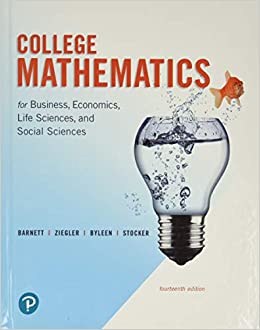Question
Problem #3. Suppose a firm has 800,000 shares of stock currently outstanding. Eachshare currently has a true value of $20. Suppose the firm uses excess
Problem #3. Suppose a firm has 800,000 shares of stock currently outstanding. Eachshare currently has a true value of $20. Suppose the firm uses excess internal cash torepurchase 200,000 shares of stock at the following prices: $25, $20, and $15. What willbe the effect of each of these alternative repurchase prices on the long-run market price ofthe shares after the repurchase assuming that in the long-run the market price for thestock will reflect the stocks true value? (Ignore issues such as taxation and transactionscosts)
Problem #4. A firm currently has 900,000 shares of common stock outstanding. If thefirm does not raise any new funds, the true value of each of these shares is $100 pershare. The firm is contemplating selling equity to purchase a machine that costs$9,000,000 and generates a cash flow with a present value of $11,000,000 after thepurchase (i.e. the NPV is +$2,000,000). Unfortunately, because managers expect that themarket will misinterpret an equity issue announcement as a signal that the firms sharesare overvalued, managers anticipate they can only sell new shares at a price of $90 pershare. Assuming the market eventually prices the firms stock correctly, what will thelong-run stock price be if the firm issues equity and invests in the machine? (Ignoreissues such as taxation and transactions costs)
Step by Step Solution
There are 3 Steps involved in it
Step: 1

Get Instant Access to Expert-Tailored Solutions
See step-by-step solutions with expert insights and AI powered tools for academic success
Step: 2

Step: 3

Ace Your Homework with AI
Get the answers you need in no time with our AI-driven, step-by-step assistance
Get Started


